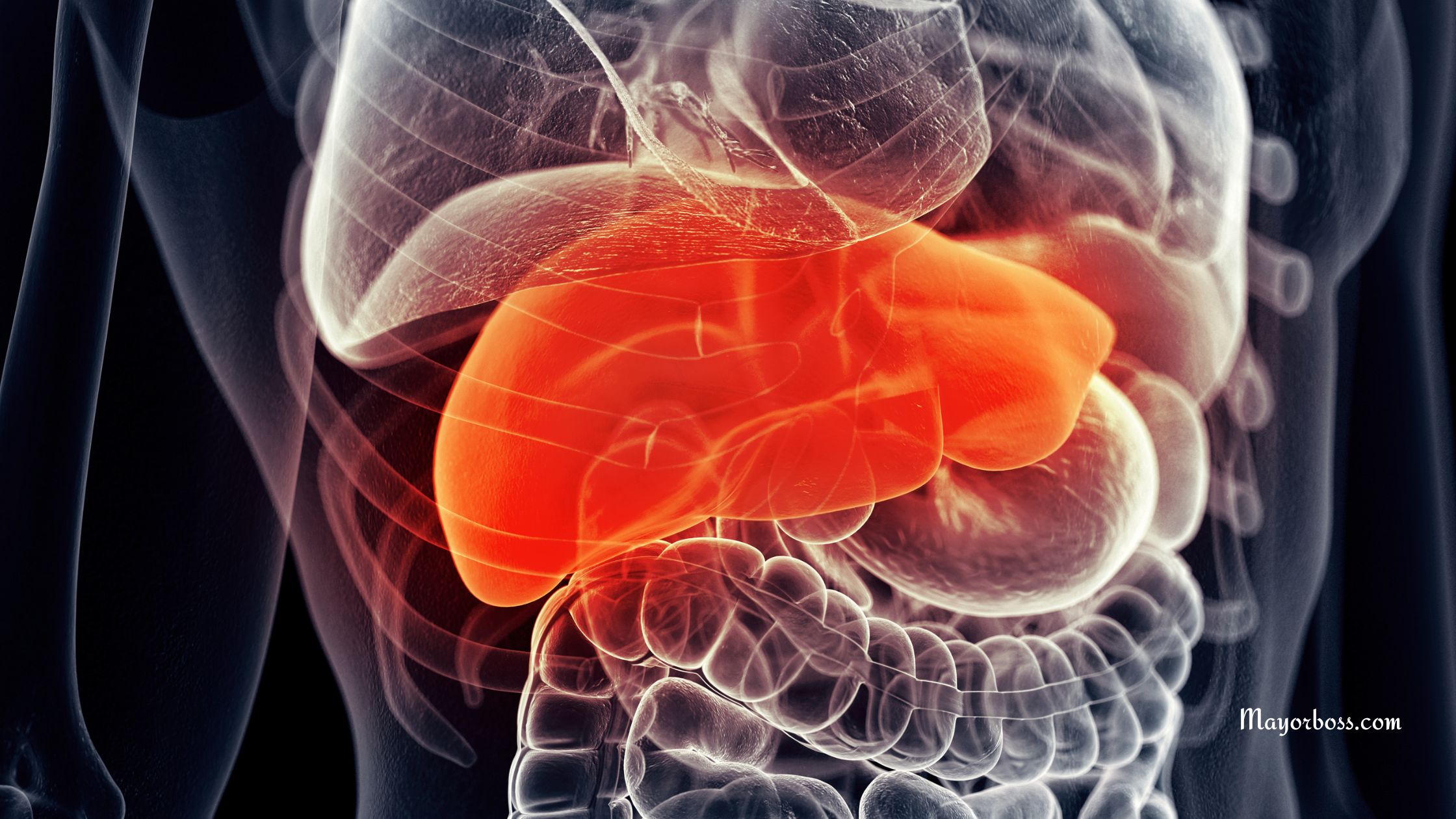5 Signs of Food Poisoning
Food poisoning, also generally called foodborne illness, is an unpleasant and often distressing condition typically resulting from consuming food or drink contaminated with bacteria, viruses, or parasites. It can happen to anyone at any time and can seriously disrupt your everyday life.
According to the CDC Centers for Disease Control and Prevention, food poisoning symptoms can appear within 30 minutes to 8 hours or up to 1 week to 2 weeks after eating the contaminated food, depending on the specific type of contaminant. Although most issues of food poisoning are mild and resolve without treatment, some can be severe and require medical attention.

Signs of Food Poisoning
Food poisoning can manifest through a variety of symptoms. Typically, you might experience:
- Abdominal pain and cramps: One of the earliest signs of food poisoning is discomfort or pain in the stomach area, accompanied by cramps.
- Nausea or vomiting: If your body tries to expel the harmful substances, you may feel nauseous or even vomit.
- Diarrhea: Frequent, watery stools are a common symptom of many types of foodborne illnesses.
- Fever: A mild fever can occur if your body fights off an infection.
- Muscle aches or weakness: You may feel general body aches or weakness, a sign that your body is battling the invaders.
Keep in mind the severity of these symptoms can vary, and some people may experience additional symptoms like chills and fatigue.
The Duration of Food Poisoning
Food poisoning symptoms can emerge within a few hours or even days after consuming contaminated food. How long these symptoms last can also vary significantly. In most cases, food poisoning lasts from a few hours to several days. But, depending on the type of food poisoning, some symptoms may linger for weeks or even months.
When to Seek Medical Attention
While most cases of food poisoning can be managed at home with rest and hydration, there are times when medical attention is necessary. If you or someone else experiences any of the following, it’s important to seek help:
- Persistent vomiting that prevents keeping liquids down
- Signs of dehydration, like dark yellow, strong-smelling pee, excessive thirst, little or no urination, dry mouth, severe weakness, dizziness, or lightheaded.
- Diarrhea that lasts more than three days
- Blood in your stools or vomit
- An oral temperature higher than 100.4 F (38 C)
- Neurological symptoms, such as muscle weakness, blurry vision, and tingling in your arms
- Pregnant and have a fever and other flu-like symptoms.
Preventing Food Poisoning
Food poisoning can be prevented by practicing good food hygiene. Here are some steps you can take:
- Safe Food Storage: Store food properly, ensuring perishable items are refrigerated promptly.
- Cooking Temperatures: Cook foods, especially meats, at the right temperatures to kill any harmful bacteria.
- Proper Hand Hygiene: Wash your hands before preparing or eating food and after using the toilet.
- Clean Surfaces and Utensils: Keep your kitchen surfaces and utensils clean to avoid cross-contamination.
- Safe Food Sources: Purchase your food from reliable sources, and be aware of any food recalls in your area.






